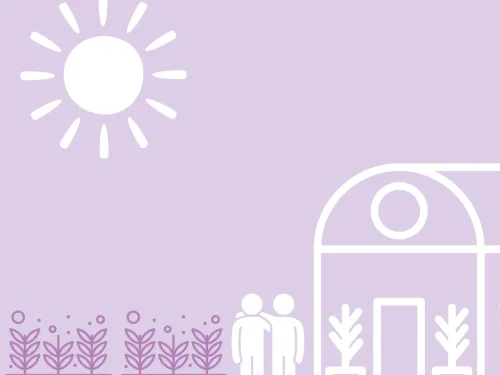
Sustainable food growing
On this page you'll find useful tips on how to grow food in ways that help your community and the biodiversity around it
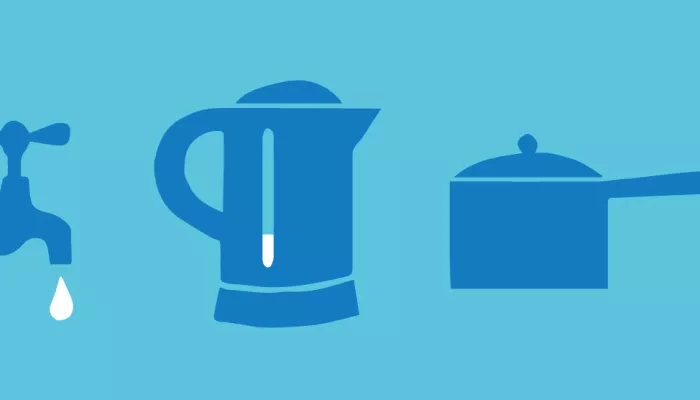
If we all do our part in saving precious water supplies, we can make a huge difference for the environment.
The average person uses around 140 litres of water a day. But huge water deficits are on track to occur by the 2080s - so we need to start cutting down.
Water conservation means using water wisely and not contributing to unnecessary wastage.
Waiting for the tap to run cold can waste 10 litres of tap water a day!
More useful tips and in-depth information can be found on the WaterWise website.
Check in with your water company as some offer discounts on water saving equipment, like water butts!
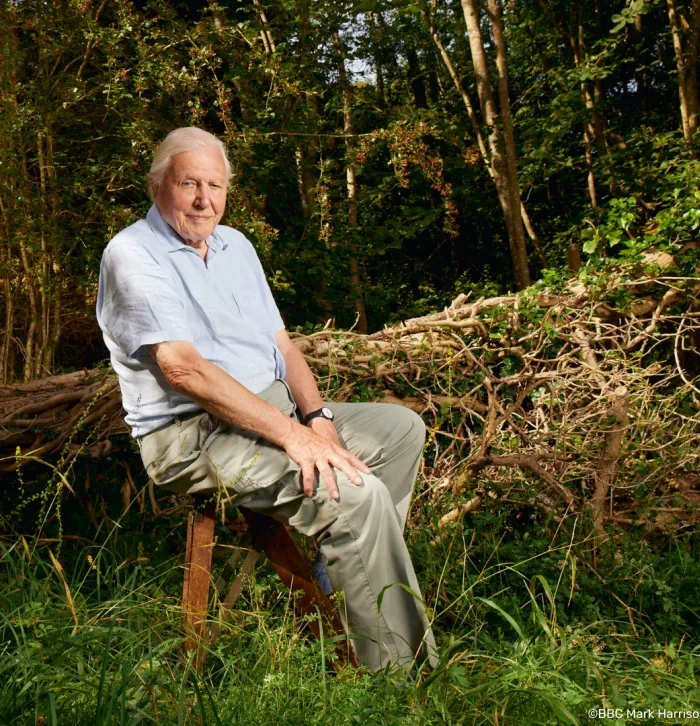

On this page you'll find useful tips on how to grow food in ways that help your community and the biodiversity around it
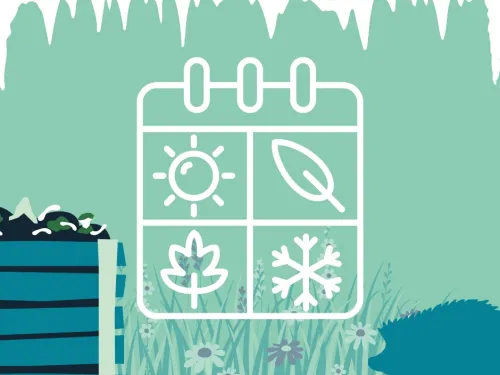
In this page you'll find an array of information to how to best help wildlife over the changing seasons each year
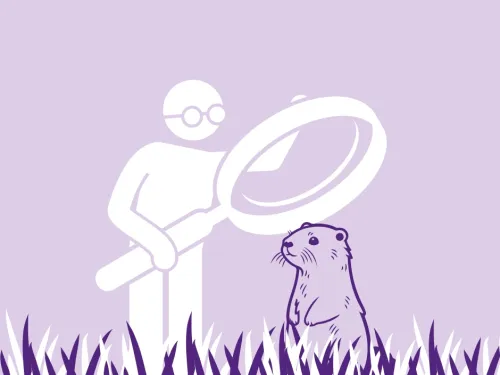
On this page you'll find exciting information on getting involved with citizen science project in your own home and community

On this page you'll find useful information on how to take environmental action from home and in your community

On this page you'll find useful information on how to reach out to others about nature & the environment
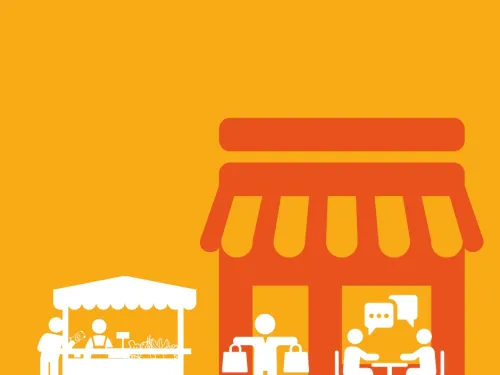
On this page you'll find excellent tips on how to shop sustainably and be mindful of what you're eating